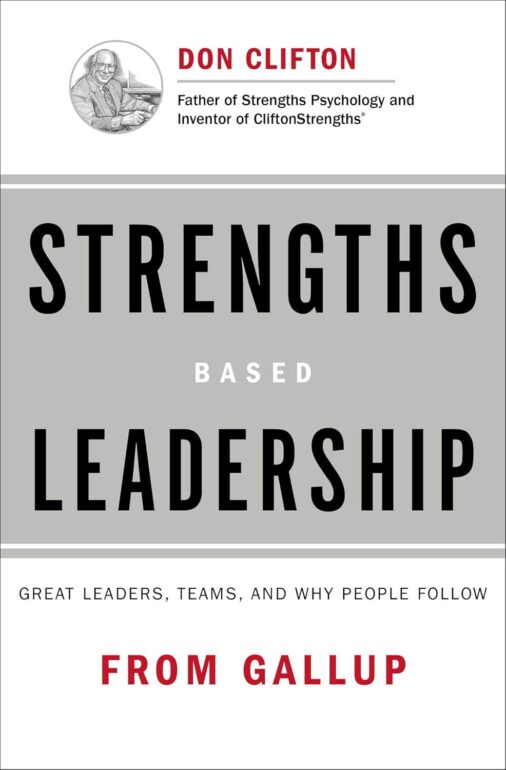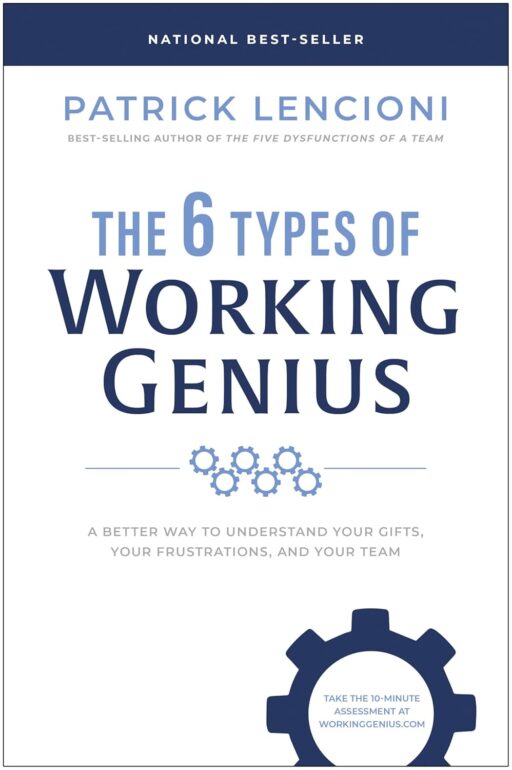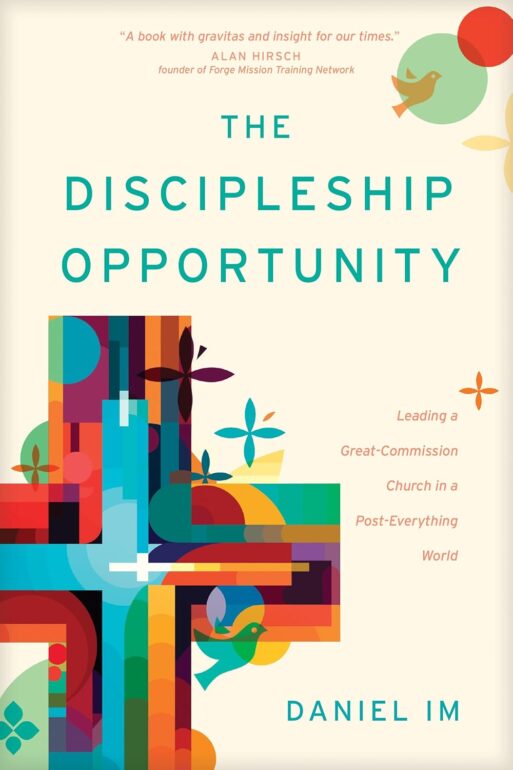Spiritual formation, relational neuroscience, and how they intersect and interact with one another is going to be the focus of my doctoral studies for the next three years.
That’s right—12 years after graduating with my M.A. in Global Leadership—I’m starting my doctorate! I just got accepted into the Doctor of Ministry program at Western Theological Seminary. So, beginning this summer, I’ll be layering schoolwork on top of my existing and ongoing role and responsibilities as the Lead Pastor of Beulah Alliance Church. And what’s awesome is that I don’t need to relocate to Michigan to do the program. I can do it right from Edmonton.
This interdisciplinary program combining spiritual formation and brain science is the first of its kind, and I’m thrilled to dive deep into how the two areas integrate and learn from the cohort mentors, Dr. Geoff Holsclaw and Cyd Holsclaw.
But this isn’t purely an academic pursuit. Rather, the primary questions that are driving the pursuit of this doctorate for me are the following:
In this post-pandemic, post-truth, post-modern, post-Christian, and post-everything world, how can we lead our churches to effectively disciple people toward Christ-likeness? To lead our people to know Christ, be known by Christ, and to make him known?
Yes, our responsibility is primarily to sow and water seeds, while God is ultimately responsible for making them grow (1 Corinthians 3). And yes, when we sow seeds, they will all fall on different types of ground (Matthew 13), but how can we do our part even more effectively, faithfully, and fruitfully in light of the science behind attachment theory? In light of contemporary research in relational neuroscience? And in light of ancient Christian spiritual practices?
So for the next three years, I’ll be diving deep into:
- Attachment Theory and Theological Anthropology
- Ancient Spiritual Formation and Contemporary Relational Neuroscience
- The Connections between Theology, Therapeutic Culture, and Trauma toward the end of creating communities of care and transformation
So that’s it! That’s the announcement.
And I’m thrilled to see how everything I learn will not only integrate into our vision at Beulah to awaken Greater Edmonton to King Jesus, but to also see the people of Alberta, Canada, and the world experience genuine, lasting transformation in and through Jesus Christ.





